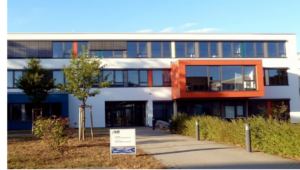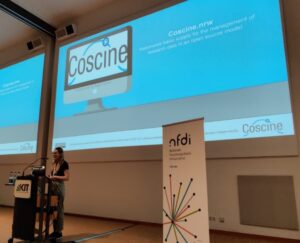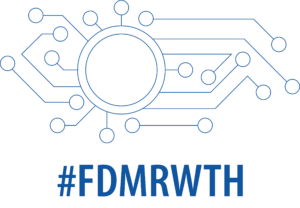Schlagwort: ‘NFDI’
New Basic Services Funded With RWTH Participation
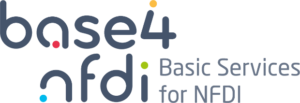
Source: base4nfdi
Congratulations to the three basic service initiatives Jupyter4NFDI, DMP4NFDI and KGI4NFDI, which received approval for a one-year initialization phase from the consortium meeting of the National Research Data Infrastructure (NFDI) in April 2024. DMP4NFDI is another basic service for consortia based at RWTH Aachen University.
Survey on the baureka.online Research Data Portal
The team of baureka.online needs your support! A survey on the baureka.online research data portal is currently running until March 24, 2024! Do you use digital data in historical building research? Then your opinion is needed!
The Fair Principles: Origin and Meaning
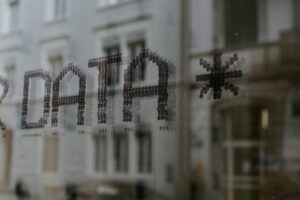
Source: Claudio Schwarz on Unsplash
In this blog post, we inform you about the origin and meaning of the so-called FAIR principles and place the term in the broader context of modern data management.
NFDI-MatWerk: Working Meeting at KIT
As our readers know, RWTH Aachen University is active in several consortia of the National Research Data Infrastructure (NFDI). This includes the IT Center of RWTH Aachen University in the NFDI-MatWerk consortium, which focuses on supporting the digital transformation in materials science and engineering. In this blog post, we share our impressions of the last working meeting at KIT.
Follow-up Report on the First CoRDI – Conference on Research Data Infrastructure
For the first time, the “Conference on Research Data Infrastructure” took place in Karlsruhe from 12 to 14 September 2023. The conference was organised by the National Research Data Infrastructure (NFDI) Association in cooperation with the Karlsruhe Institute of Technology (KIT) and brought together national and international experts from various research fields and research data management infrastructures under the motto “Connecting Communities”. With numerous scientific talks, discussions, guest lectures, poster presentations and networking opportunities, the event focused on the comprehensive use of research data. Find out how Coscine integrated into the conference in this blog post.
Do You Already Know the PID Network Project?

Source: Unsplash
In May, the virtual dialogue platform pid-network.de and the social media channels on Mastodon and Twitter went online to provide information on developments around the topic of persistent identifiers (PID). Behind this is the project PID Network Germany, which was launched in March and which we would like to introduce in our new blog post.
IAM4NFDI on the Way to the NFDI-Wide Basic Service

Source: Freepik
On March 31, the first funding decision regarding the basic service financing was made. The consortium meeting unanimously decided to fund the basic service application “Identity and Access Management for the German National Research Data Infrastructure (IAM4NFDI)” through the joint Base4NFDI project. IAM4NFDI is thus the first to take the path to an NFDI-wide basic service.
Shaping Data Spaces in Germany and Europe – Herrenhäuser Conference

Source: Unsplash
From April 24 to 25, the Herrenhäuser Conference “Shaping Data Spaces in Germany and Europe – Impulses from Science” took place in Hannover. Decision-makers from the European Commission, the DFG and the NFDI consortia met to discuss the current and future challenges of data nationally and across Europe. RWTH Aachen University was also represented at the two-day conference.
Presentation of the New NFDI Section “Industry Engagement”

Source: nfdi.de
The sections are an important part of the National Research Data Infrastructure (NFDI). In October 2021, the first four sections have already started their work. On March 22, the Scientific Senate approved the establishment of the fifth section: Industry Engagement (section-industry).




